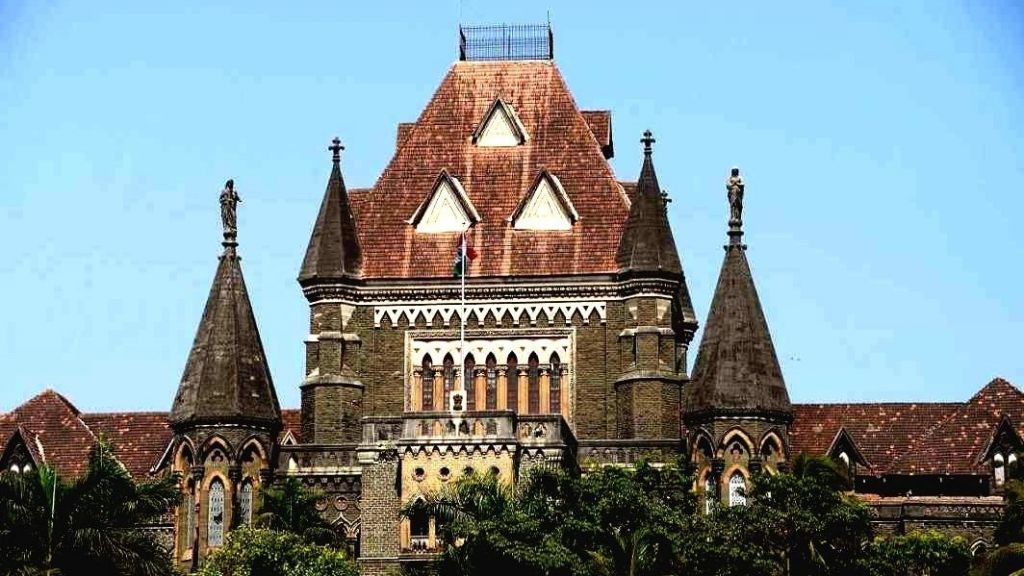
Mumbai: Though, there is a 'need for robust regulatory mechanisms' against the unethical practices in the online ticketing ecosystem, the responsibility for creating a statutory framework lies with the legislature, the Bombay High Court has said in its order dismissing the a public interest litigation (PIL) against black marketing and ticket scalping at major events.
The division bench of Chief Justice DK Upadhyaya and Justice Amit Borkar had on January 10 dismissed the PIL filed by a city based lawyer Amit Vyas alleging foul play during the online ticket sales of British band Coldplay scheduled in Navi Mumbai later this month.
Vyas had sought directions to the state government to frame laws, rules and regulations to prevent the practices of ticket scalping, touting and black marketing concerning the sale of tickets for major events.
Additionally, a request was made to the court to order the formation of a committee to conduct an inquiry into the matter and to issue directions to online ticketing companies to cooperate with the committee.
Dismissing the plea, the HC observed that the power to enact a law doesn't lay with the judiciary. “In keeping with the constitutional scheme, courts can only guide the executive to comply with duties explicitly cast by constitutional provisions. They cannot assume a supervisory role over lawmaking powers, which remain within the exclusive domain of duly elected legislative bodies,” the court said.
The HC said they can, however, issue such directions only in case of violation of fundamental rights. “However, the practices of ticket scalping, hoarding and resale by private entities and individuals, without any direct or substantial involvement of the state or its instrumentality, do not per se violate fundamental rights of citizens,” HC observed.
“While Article 19(1)(g) guarantees the freedom to practise any profession or to carry on any occupation, this provision neither creates a fundamental right to access privately organised events nor does it prohibit all profit-driven endeavors,” the court further said adding, “No unreasonable restriction has been shown to be imposed by the state in relation to ticket scalping or resale activities by private entities.”